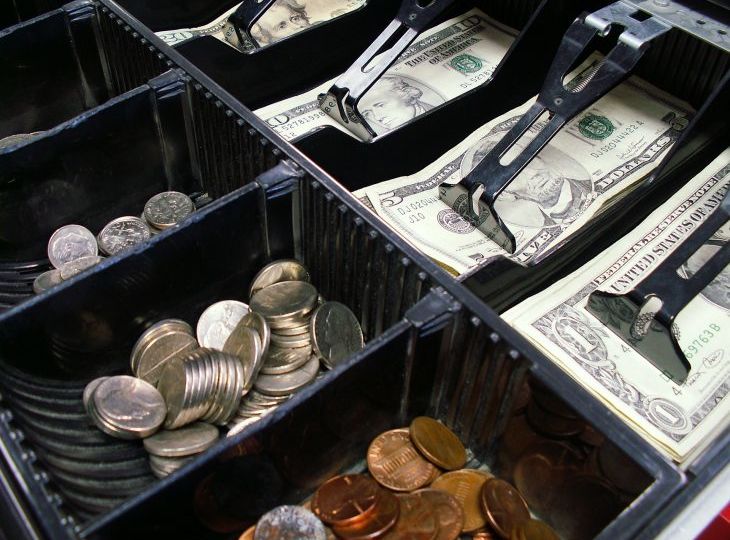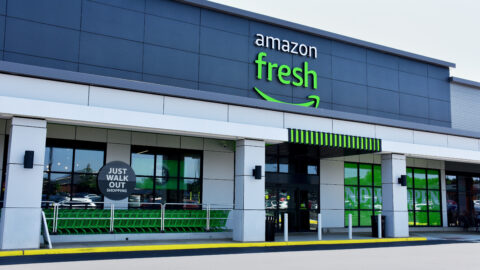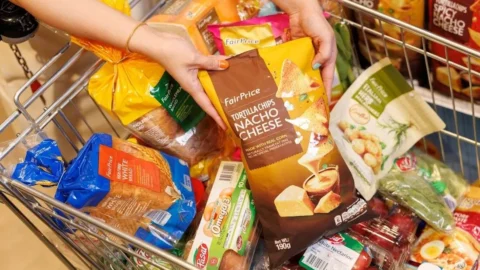New York City has become the latest major U.S. metropolis to adopt legislation that ensures consumers can always pay cash in a store or a restaurant. The New York City Council approved a bill that prevents most retailers from refusing to accept cash or charging customers more if they use it.
The law will go into effect nine months after it is signed by New York City Mayor Bill de Blasio, who supports the bill.
New York joins Philadelphia, San Francisco and the state of New Jersey in passing legislation that lawmakers say prevent businesses from enacting “no-cash” policies that could shut out the millions of Americans who don’t have a bank account, lack credit cards or don’t have photo identification. Under a 1978 law, Massachusetts became the first state that required businesses to accept cash.
The National Retail Federation (NRF) opposed the Philadelphia law and similar proposals, saying businesses should be able to decide which payment methods to accept. The association has not yet commented on the New York approval.
Cash remains the most frequent method of payment in the U.S., representing roughly 31% of consumer transactions, more than electronic, credit, debit or checks, according to data from the Federal Reserve Bank of St. Louis. But at the same time, fewer shoppers are using dollars and cents — even for small purchases. While consumers used cash for 46% of purchases under $20 in 2015, they used legal tender to pay for just 37% of similarly priced items in 2019, according to Square.
One major argument against cashless retail is that it excludes a certain subset of lower-income consumers that can’t pay with a card. As many as 7.5% of shoppers don’t even have a bank account, according to Fundera. When Philadelphia Mayor Jim Kenney signed the bill into law in March 2019, his spokesman noted that 26% of city residents live below the poverty line and many lack bank accounts.
Eliminating cash as a payment method can have a significant impact on minority communities. Among African American households, 16.9% nationally didn’t have bank accounts in 2017, the most recent year data was available, and 14% of Latino households did not have a bank account, according to the FDIC.
Some businesses that initially decided to become cashless have reneged since these types of laws have popped up in the major metro areas. Amazon has said its Amazon Go stores will all eventually accept cash, and its locations in San Francisco and New York City already do. And Sweetgreen, the salad restaurant chain that went cashless in 2017, started accepting hard currency again at all its locations by the end of 2019.













